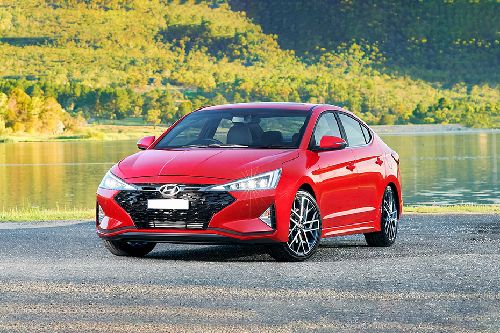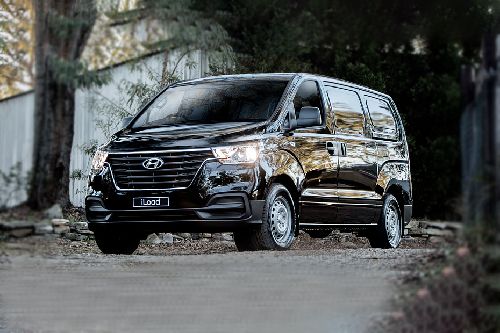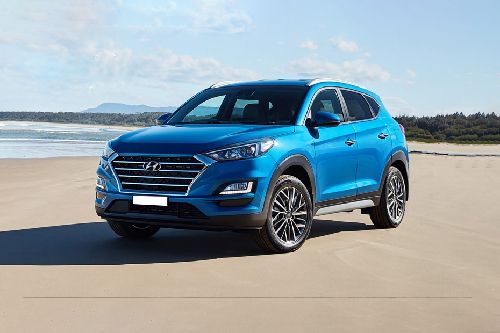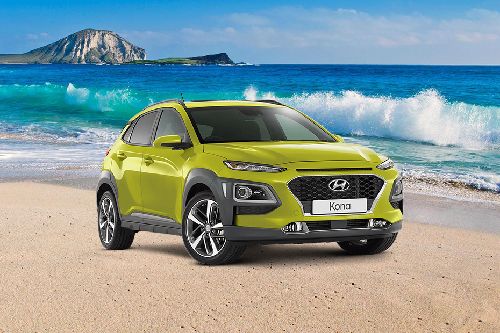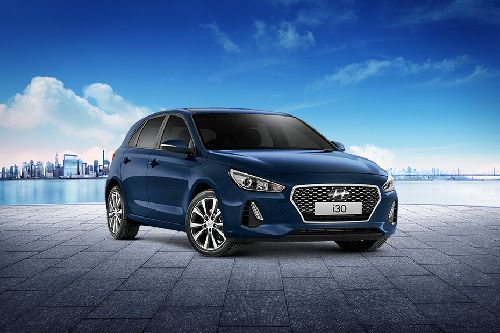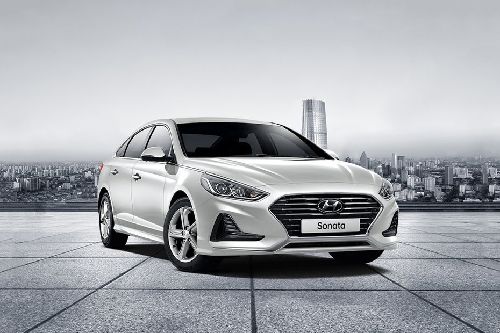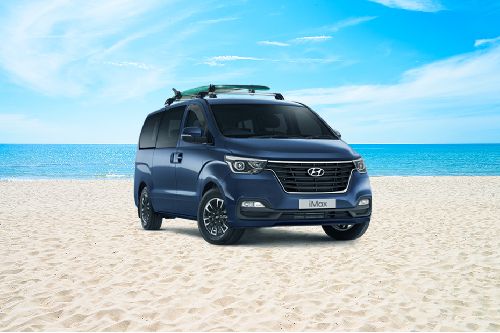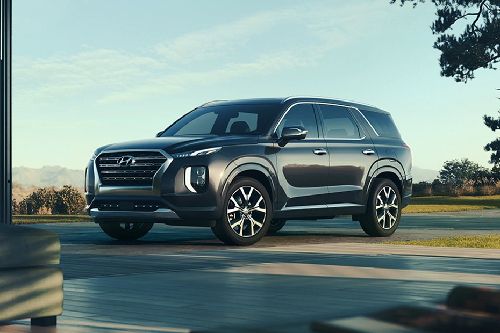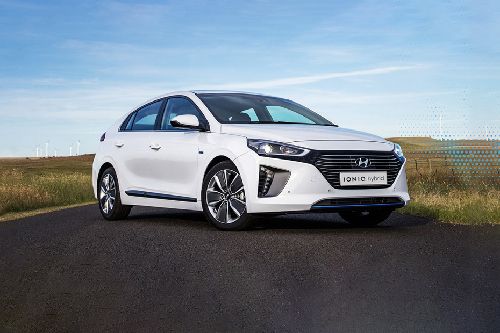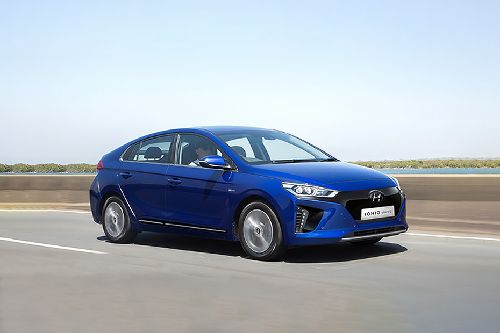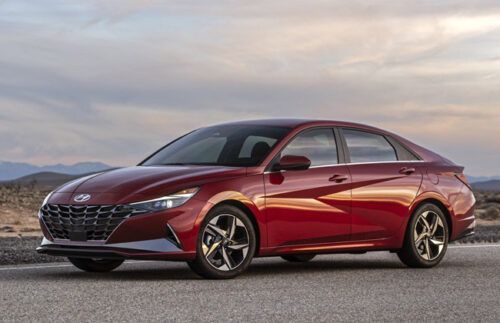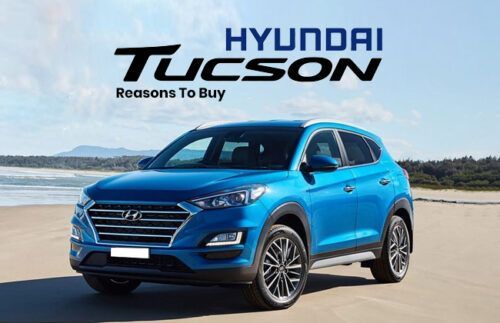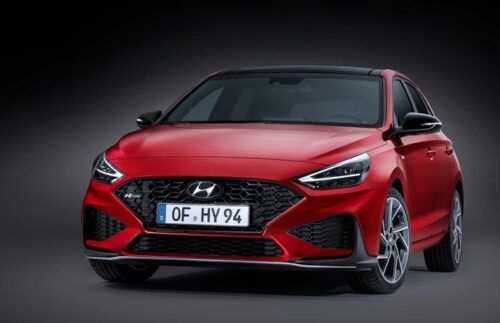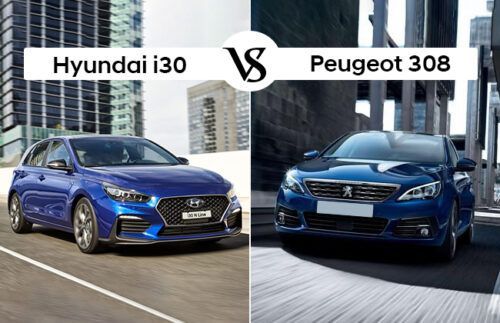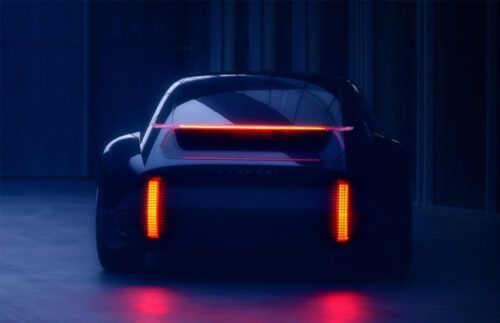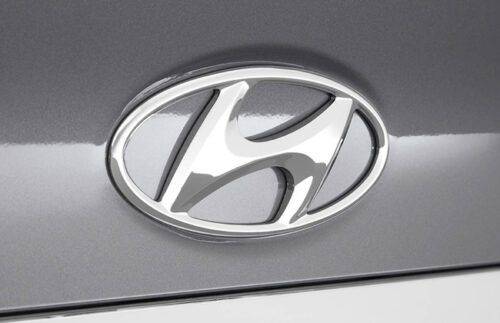Hyundai & Uber plan to launch aerial taxi services
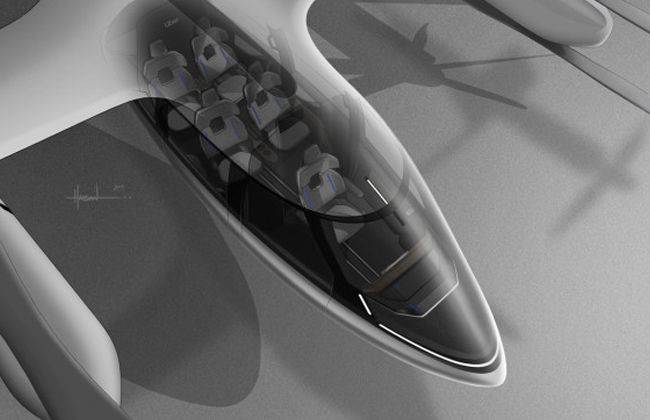
Hyundai and Uber have joined hands to develop electric air taxis for the future. Under this new partnership, Hyundai will be developing air vehicles, and Uber would provide airspace support services and connection to ground transportations.
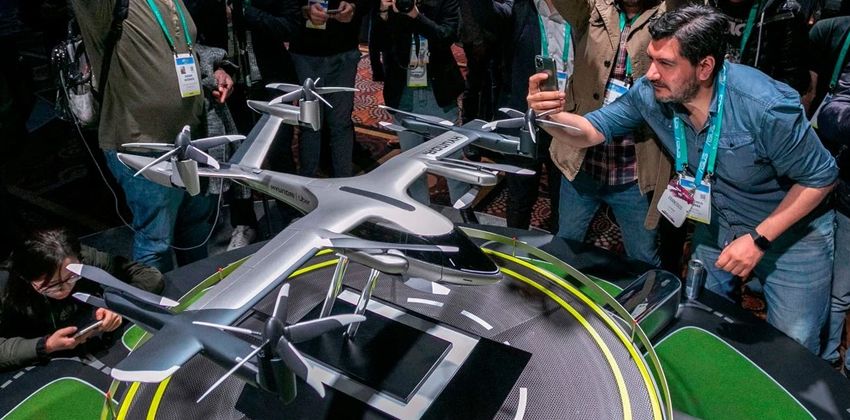
The South Korean automaker has recently unveiled its aircraft concept at the 2020 Consumer Electronics Show (CES), held in Las Vegas. Known as the S-A1 Urban Air Taxi, this electric flying vehicle is a four-seater (excluding the driver) and is said to start flight demonstrations in 2020, making the service commercially available to riders in 2023.
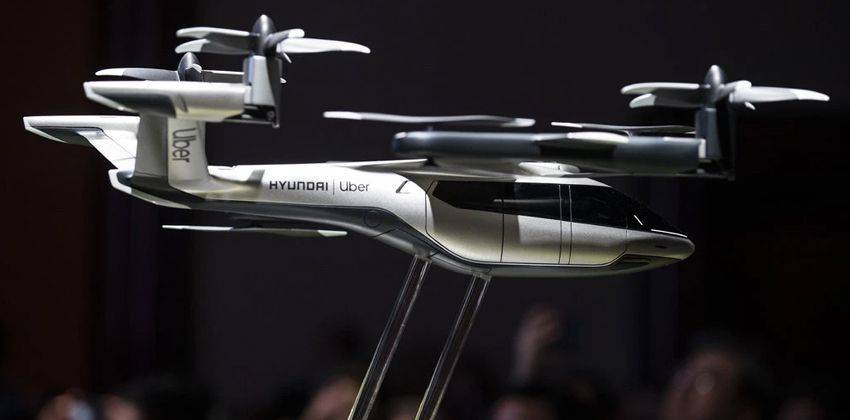
Hyundai has successfully marked itself as the first company to join hands with the Uber Elevate initiative. After its production, the S-A1 is set to cruise at speeds up to 180 miles per hour, at an altitude of 1,000 to 2,000 feet above the ground. With a flying range of up to 60 miles, the concept vehicle will be an all-electric model, powered by multiple rotors and propellers and will fly using distributed electric propulsion around the airframe.
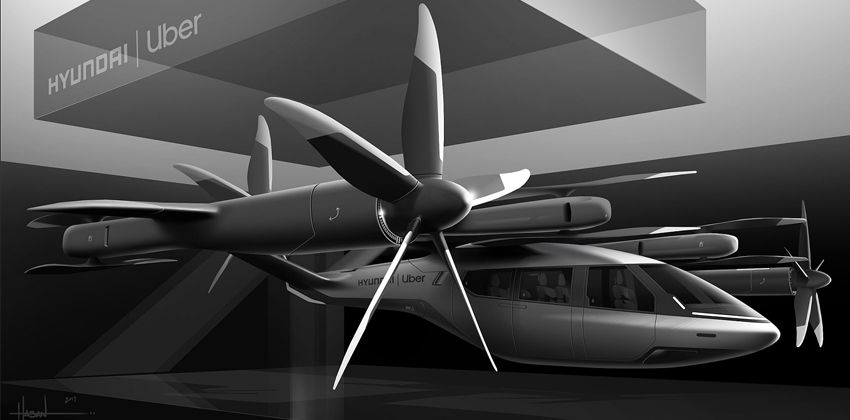
When asked about their new joint venture, Eric Allison, head of Uber Elevate, said, “Hyundai is our first vehicle partner with experience of manufacturing passenger cars on a global scale.” He further commented, “We believe Hyundai has the potential to build Uber Air vehicles at rates unseen in the current aerospace industry, producing high quality, reliable aircraft at high volumes to drive down passenger costs per trip.”
Under their newly formed partnership, Hyundai will be producing the aerial vehicles and handle the deployment for the same. Uber will help in establishing connections to ground transportation and customer interfaces through an airborne rideshare network. The partnership also marks Uber’s other joint ventures that include Aurora Flight Sciences, Joby Aviation, Pipistrel Aircraft, Karem Aircraft, and Jaunt Air Mobility.
Lastly, in the initial phases, the aerial ride will be monitored by a driver, to be replaced by an autonomous software once the partners find a permanent solution.
Also Read: 2020 Hyundai Santa Fe gets a petrol V6, starts at $43,000
Hyundai Car Models
You might also be interested in
- News
- Featured Stories
Hyundai Featured Cars
- Popular

